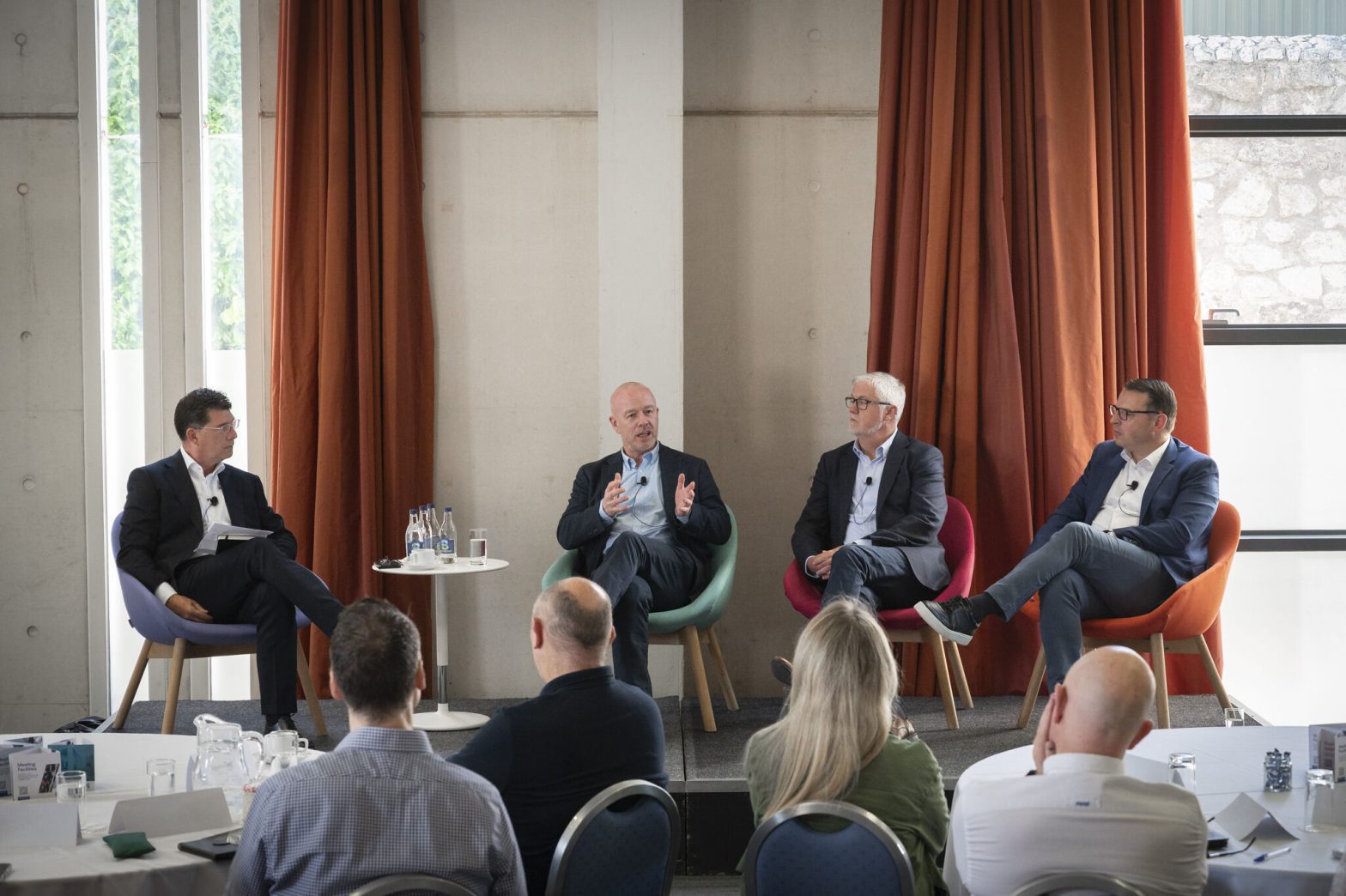1. Listen to your own advice
Leaders are excellent at giving advice; sometimes, not so good at following it themselves. A plethora of advice for professionals working from home, running virtual meetings, leading virtual teams and other related topics have been made available recently. Dedicate time to absorb the relevant advice yourself, create new habits and don’t be afraid to openly make mistakes and experiment – people will respond to this positively.
Go to IMI’s ‘Leading in a Crisis’ resource page
2. Build trust
It is difficult to overestimate the importance of trust within an organisation - trust between the leadership and workforce, trust between the line manager and worker, and trust between team members. As leaders, taking deliberate actions to build trust should be a central guiding principle and, while a virtual environment may change the specific actions you take, the underlying principles will remain the same.
Download ‘How to Build (and Lose) Trust as a Leader’ infographic
3. Decentralise decision-making
Decision-making has naturally become more decentralised in organisations due to digitisation and the speed of change requiring ever-quicker decisions to be made on the front-line. This makes measuring, and managing, what’s going on extremely difficult for leadership teams. Instead of trying to regain control, leaders should ‘lean in’ to this new practice and build it into the system by using rapid feedback loops, design-thinking practices (or similar) and, above all, leading with purpose.
Read '7 Ways to Improve your Decision-Making'
4. Leading with purpose
Agility has become a defining trait of modern, successful organisations. The ability to pivot to match prevailing challenges, align your organisation to the change and then executing efficiently requires thousands (if not millions) of decisions to be made, independently and simultaneously, towards the same goal. Embedding a strong purpose into your operational culture is the best solution we currently have to successfully create this agile environment.
Download ‘Purpose-led Leadership’ infographic
5. Invest in your executive presence
A virtual environment can be significantly more difficult for a leader to influence than a physical workspace. When your world has been reduced to the size of a screen, what are the tools you can use to push the needle in your organisation? Much like building trust, building your executive presence in a virtual environment will use many of the same principles as in a traditional setting, but the techniques to get there will shift subtly.
Listen to ‘Virtual Executive Presence’ podcast with Paula Mullin
6. Rethink collaboration
Collaboration in a virtual environment is not better or worse than face-to-face, but it is different. At a process level, cross-divisional and informal collaboration becomes much harder to engineer, while at the functional level collaborating through a screen brings its own challenges and advantages. Tackle this challenge from a fresh perspective; deliberately design spaces for collaboration, dedicate time for virtual collaboration and generally look holistically at your needs and your capabilities.
Listen to ‘(Re)Thinking Collaboration’ podcast with Mark Mortensen
7. Embrace experimentation
One of the great advantages of disruptive times is the willingness for people to make, and accept, genuine mistakes on the path towards innovation. Creating an atmosphere of psychological safety and one aimed towards continuous improvement will enable people to move fast with confidence in a changing environment, all while retaining a degree of leadership control – or, at least, leadership visibility over the environment and knowledge of what’s happening.
Download ‘Innovation in a Crisis’ infographic






